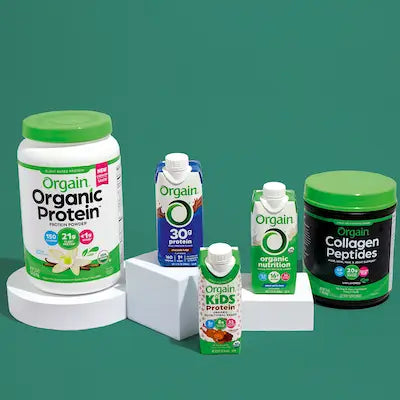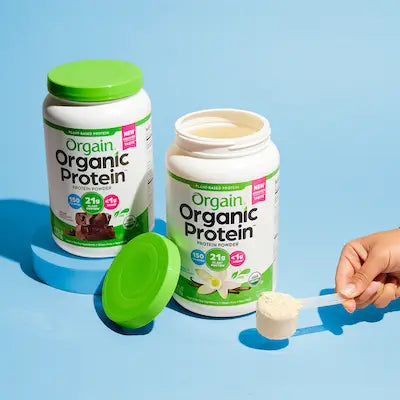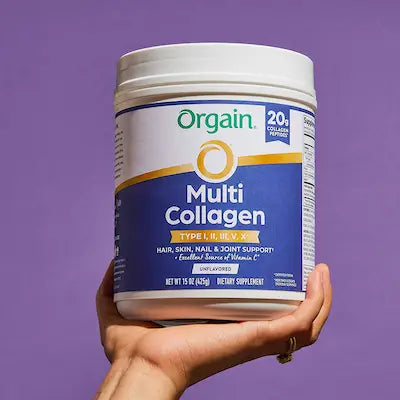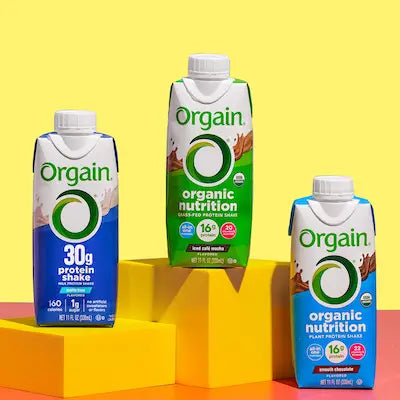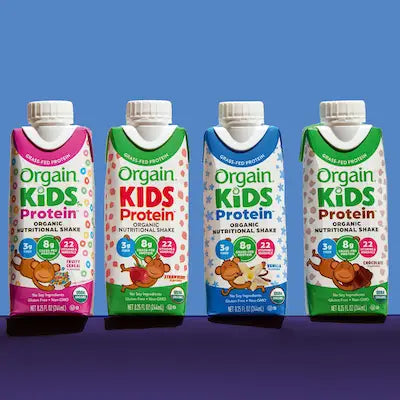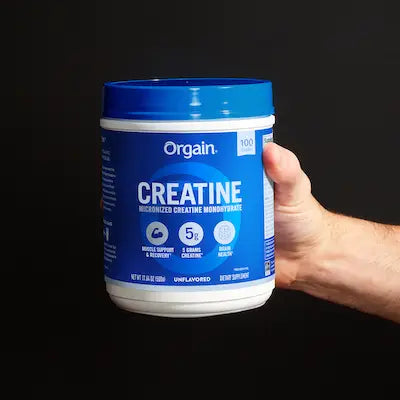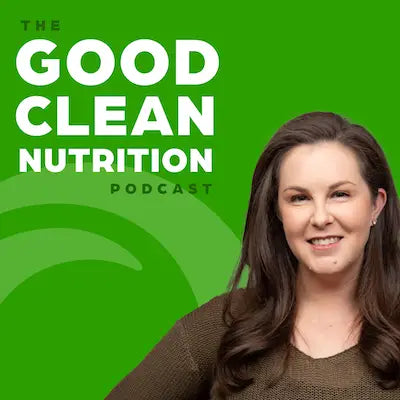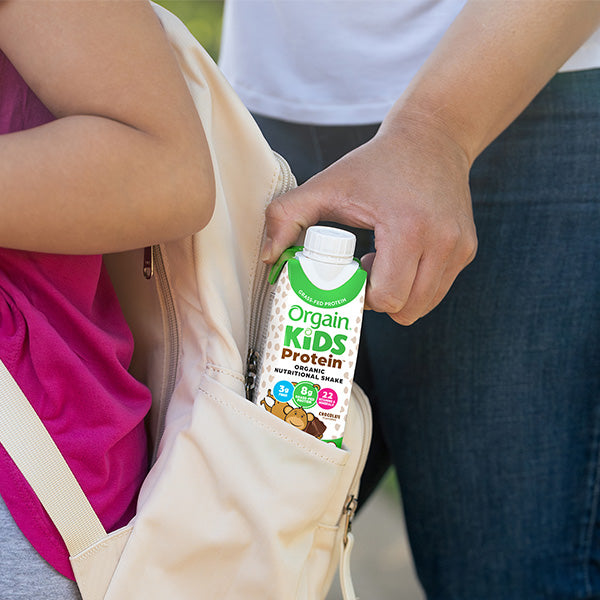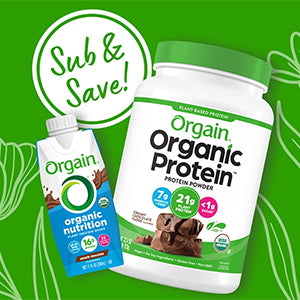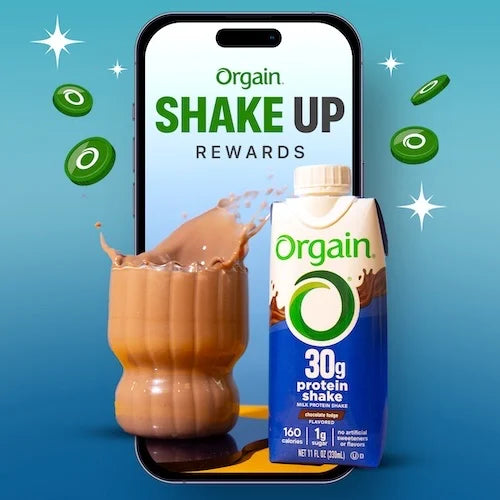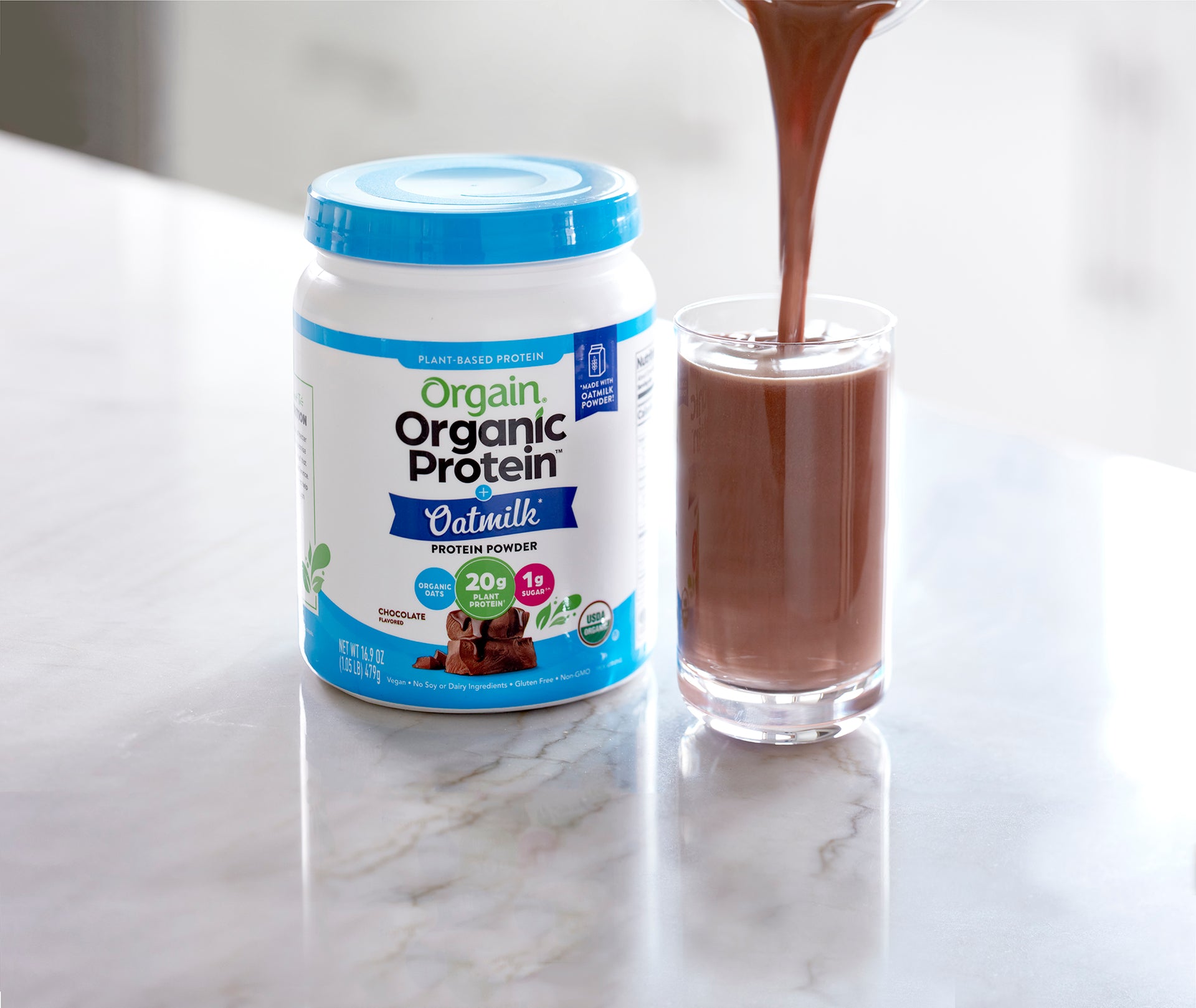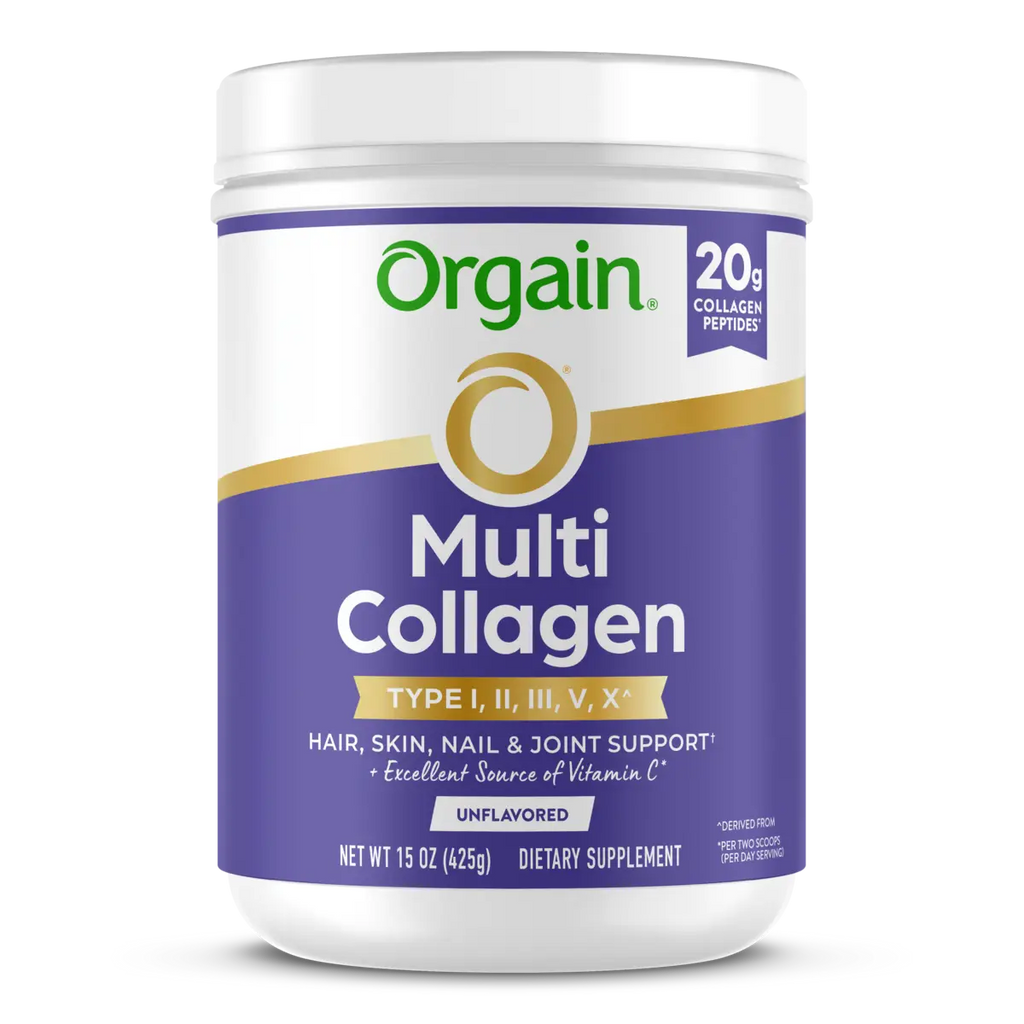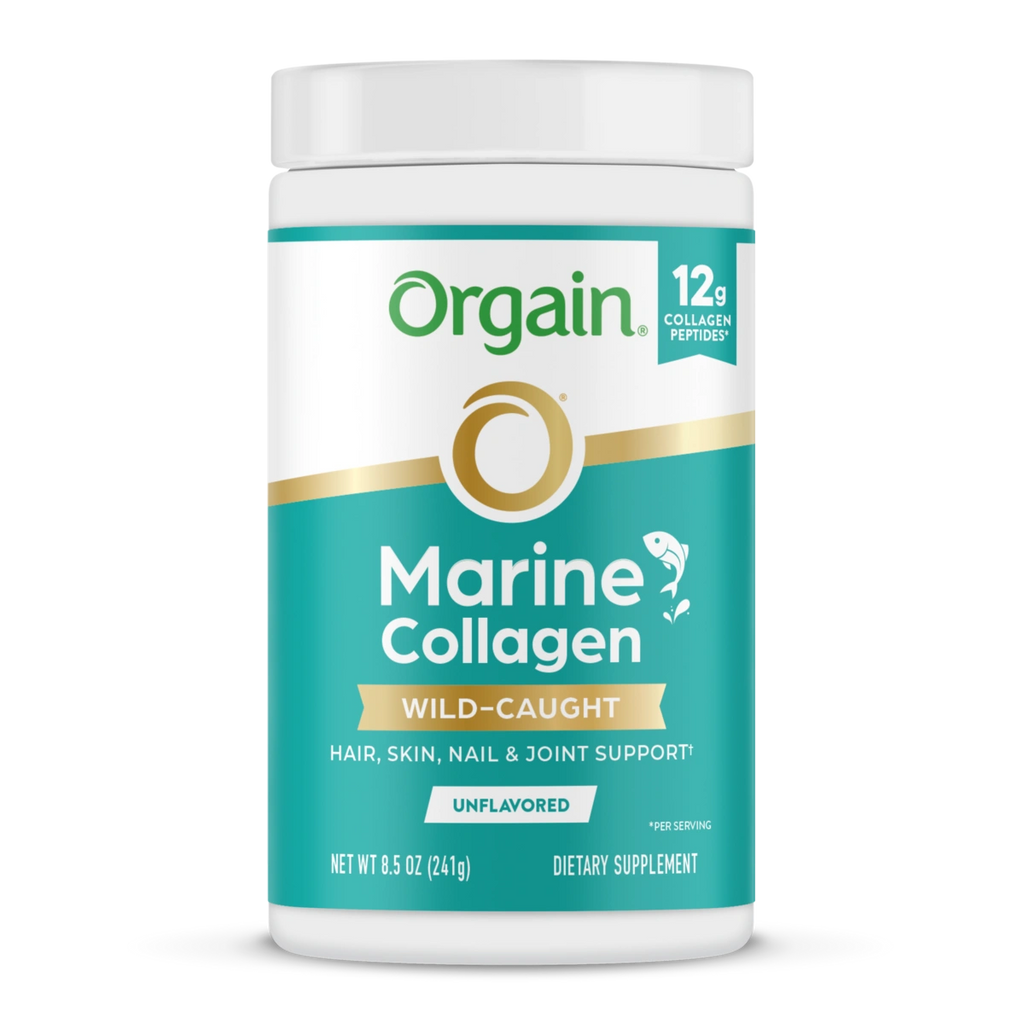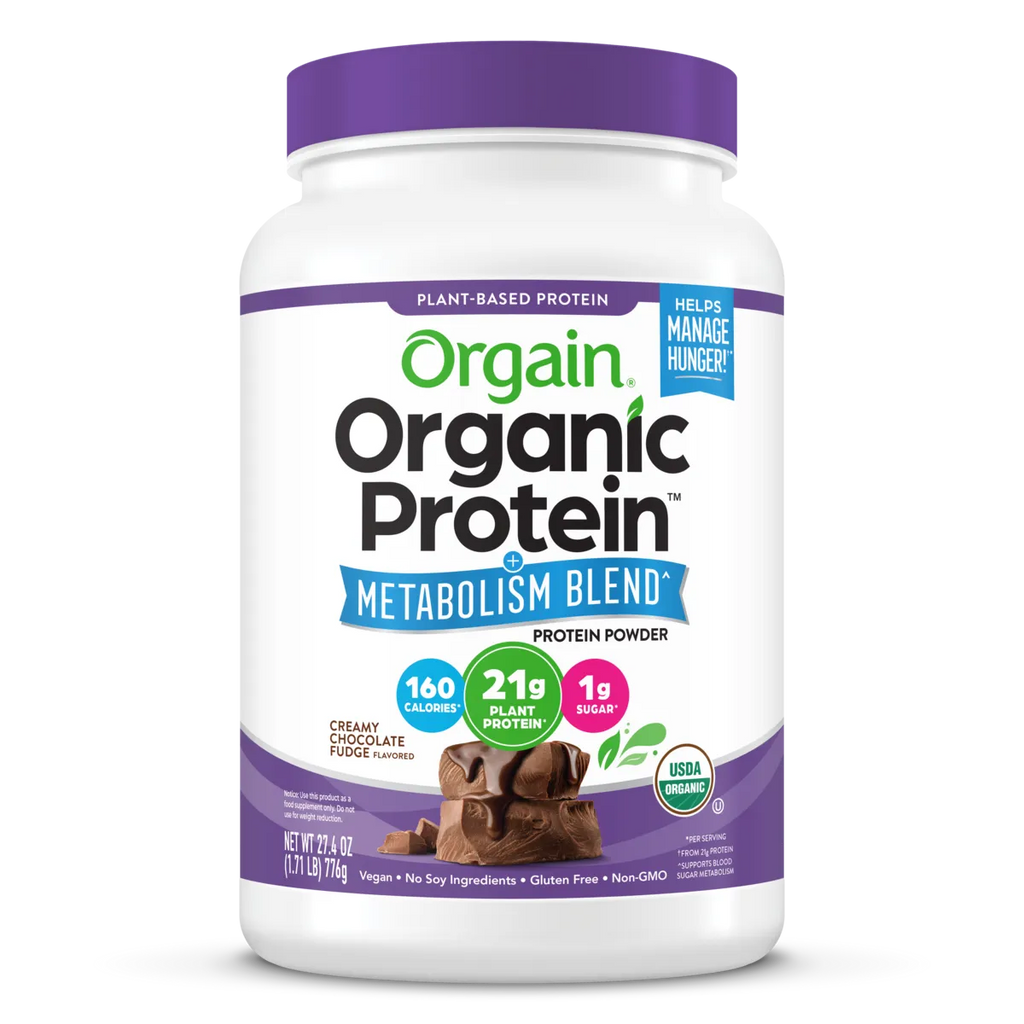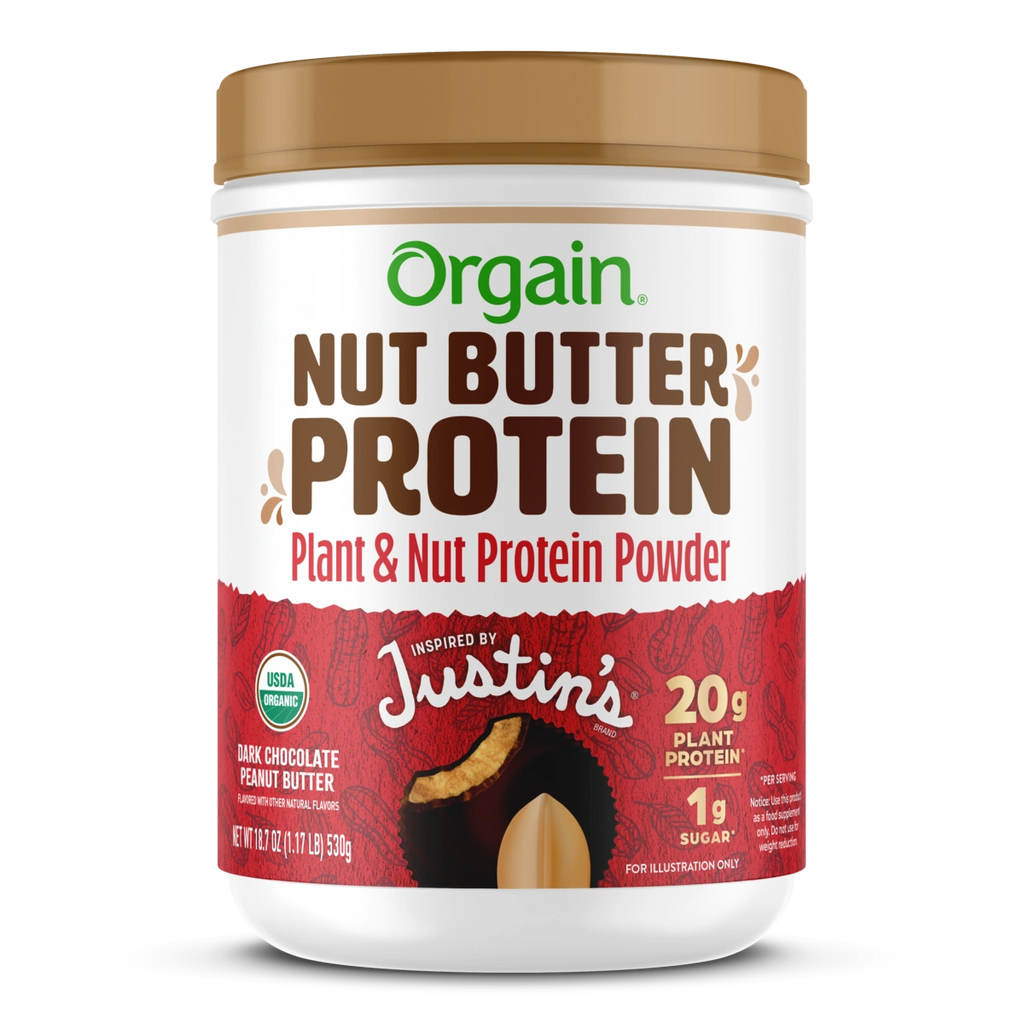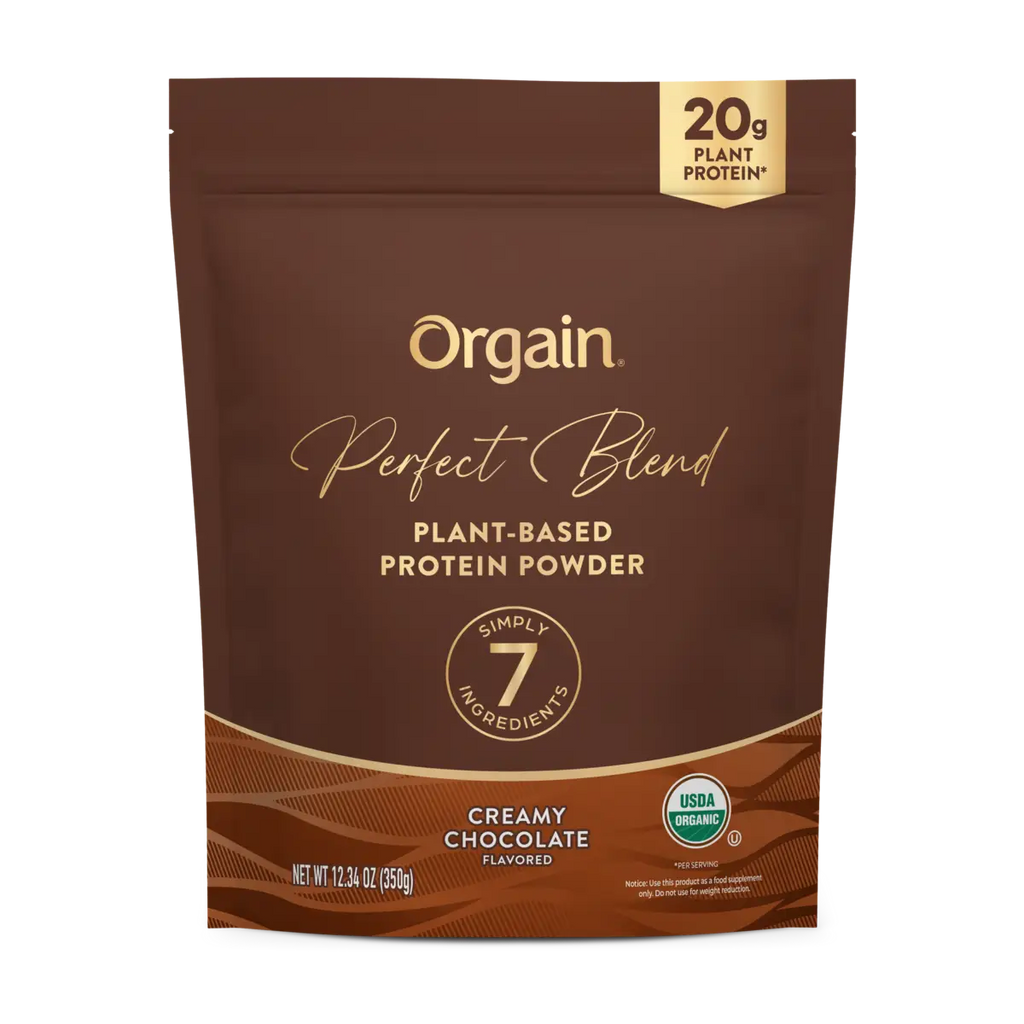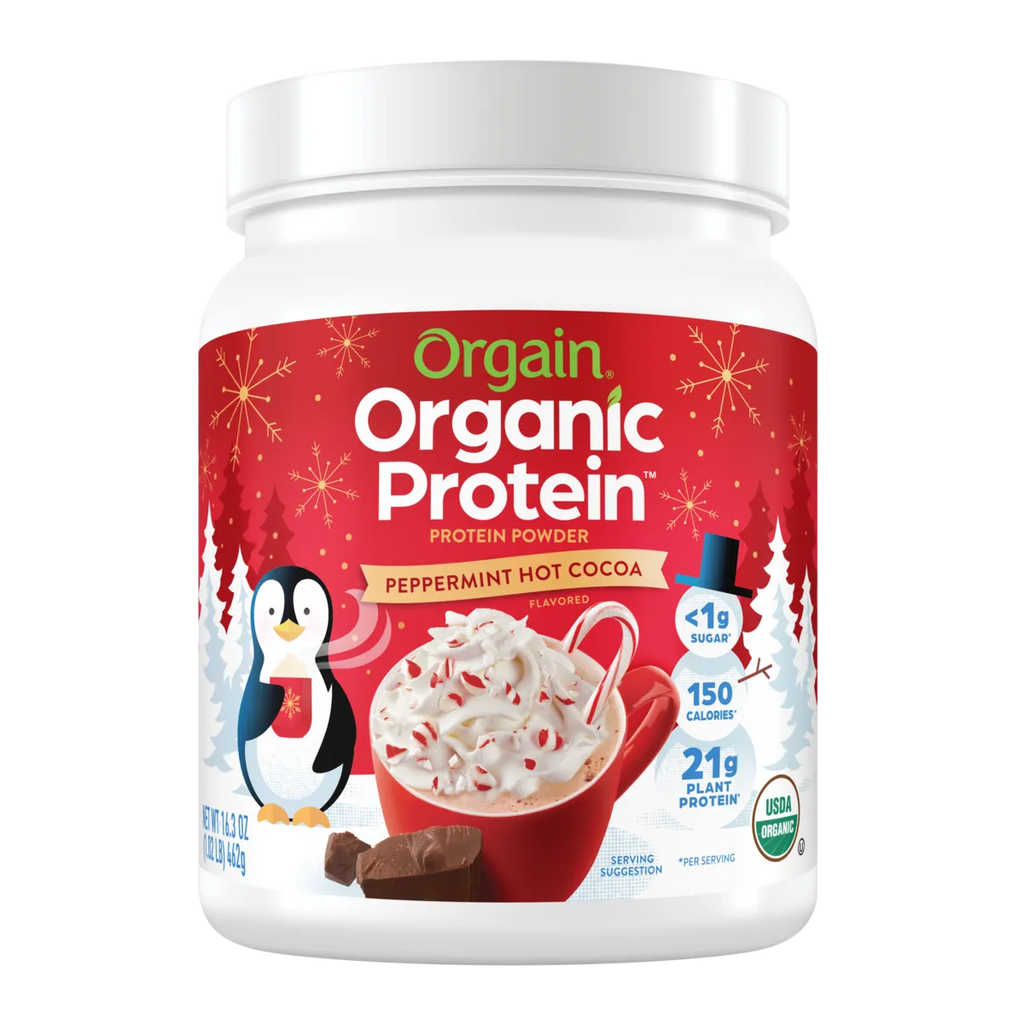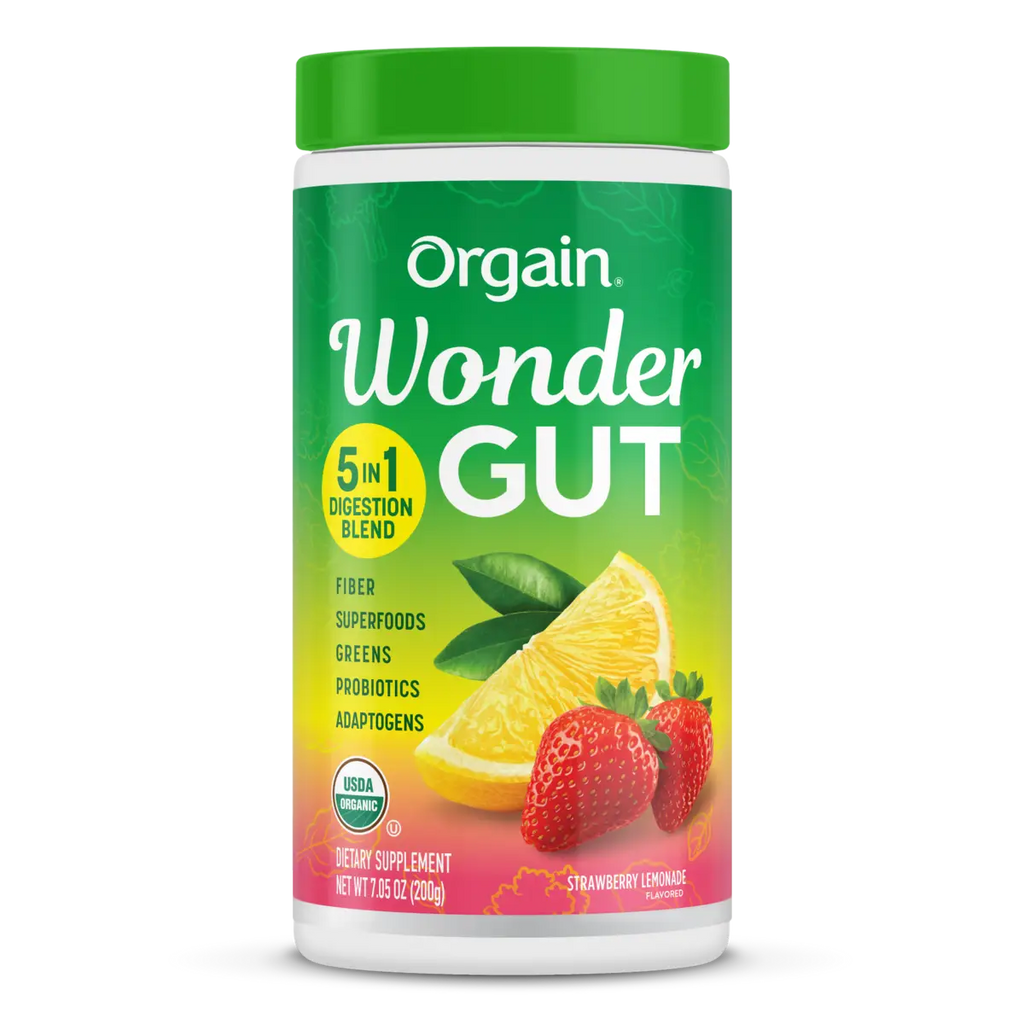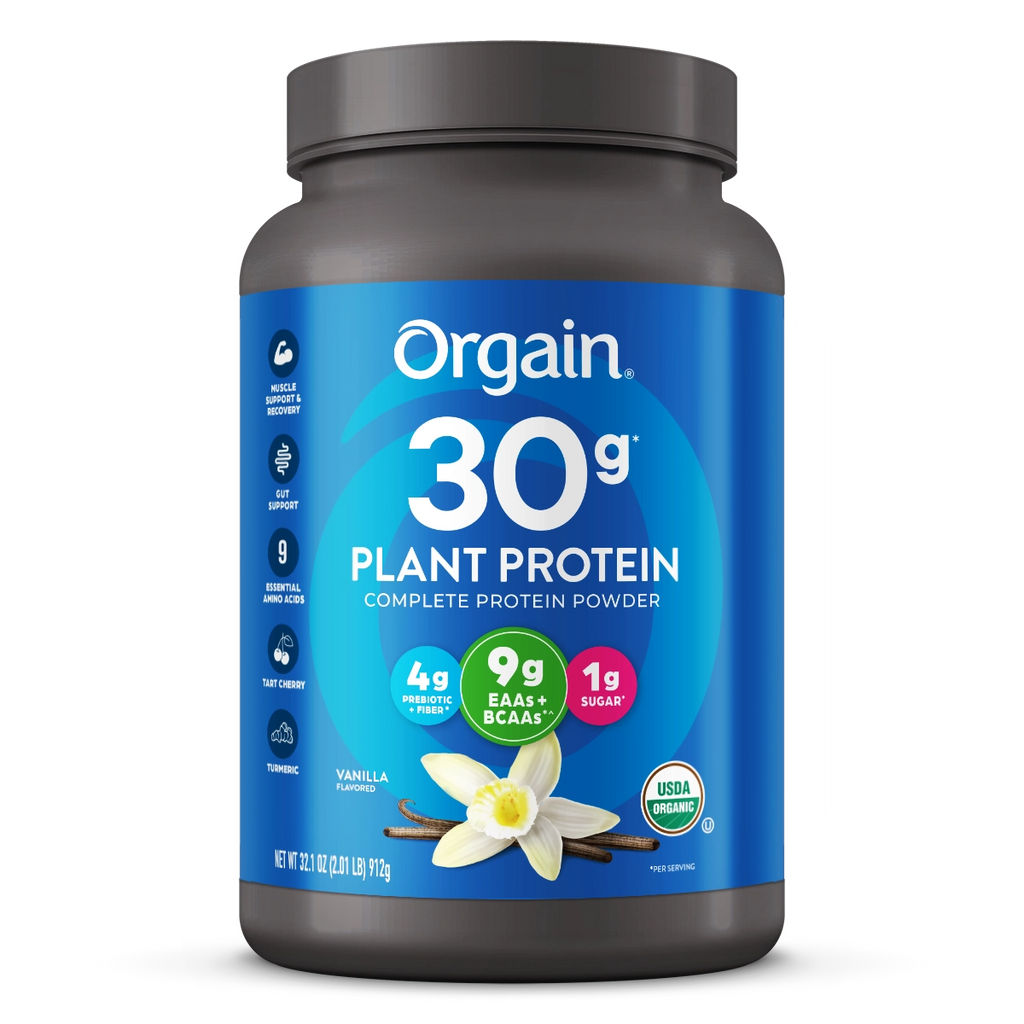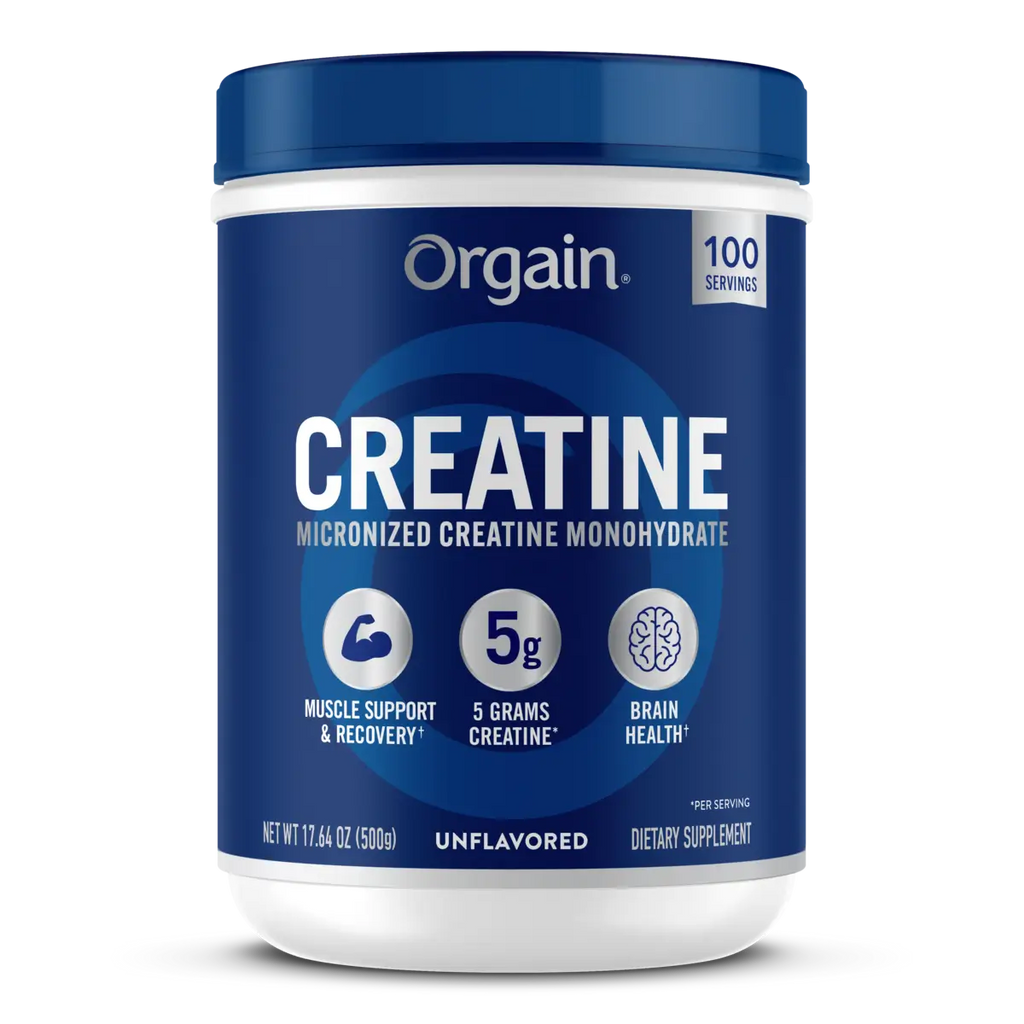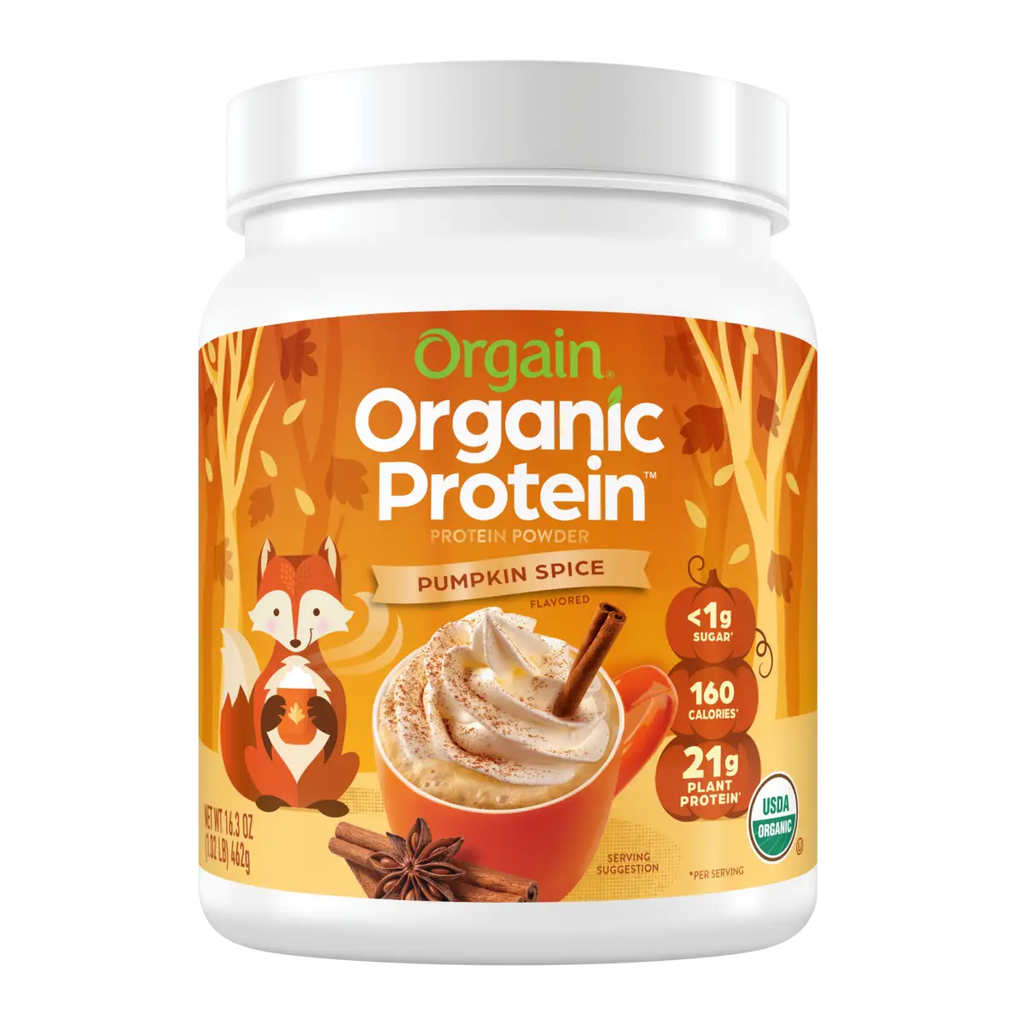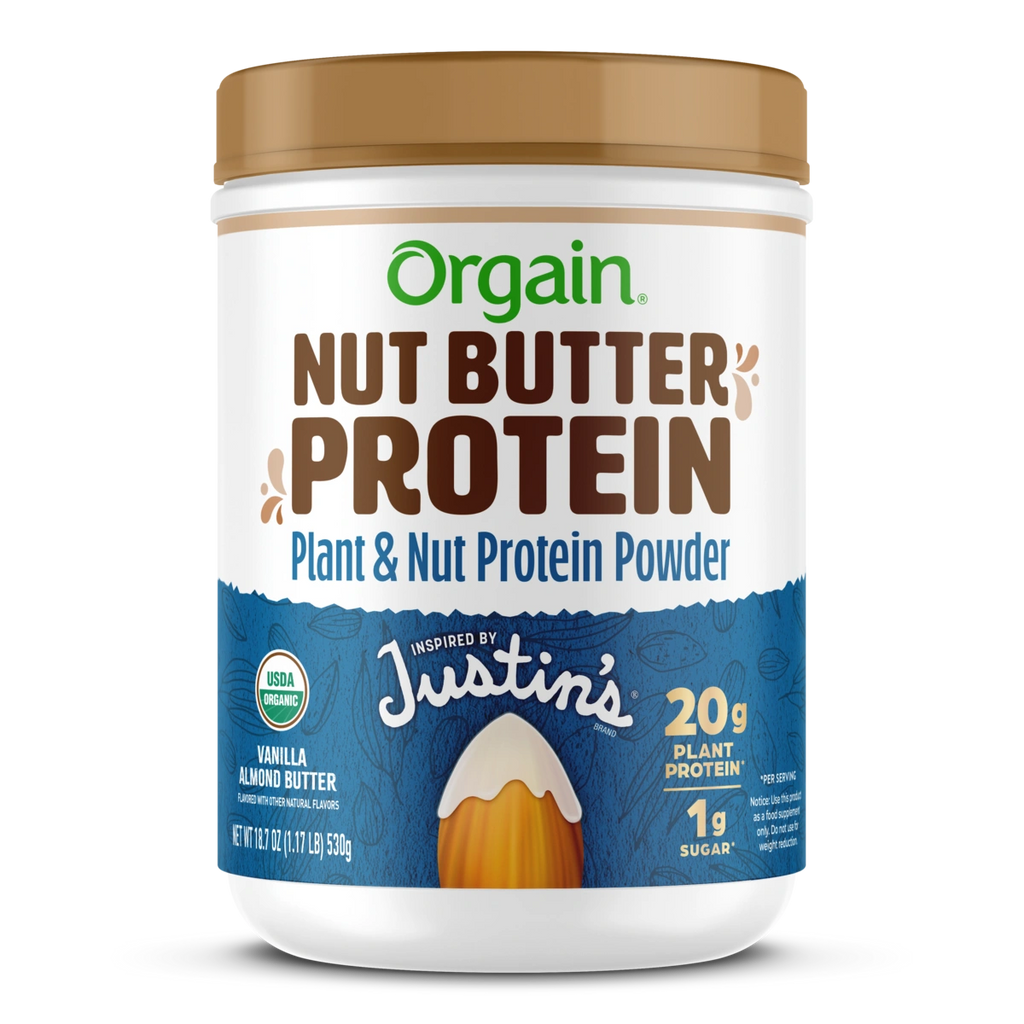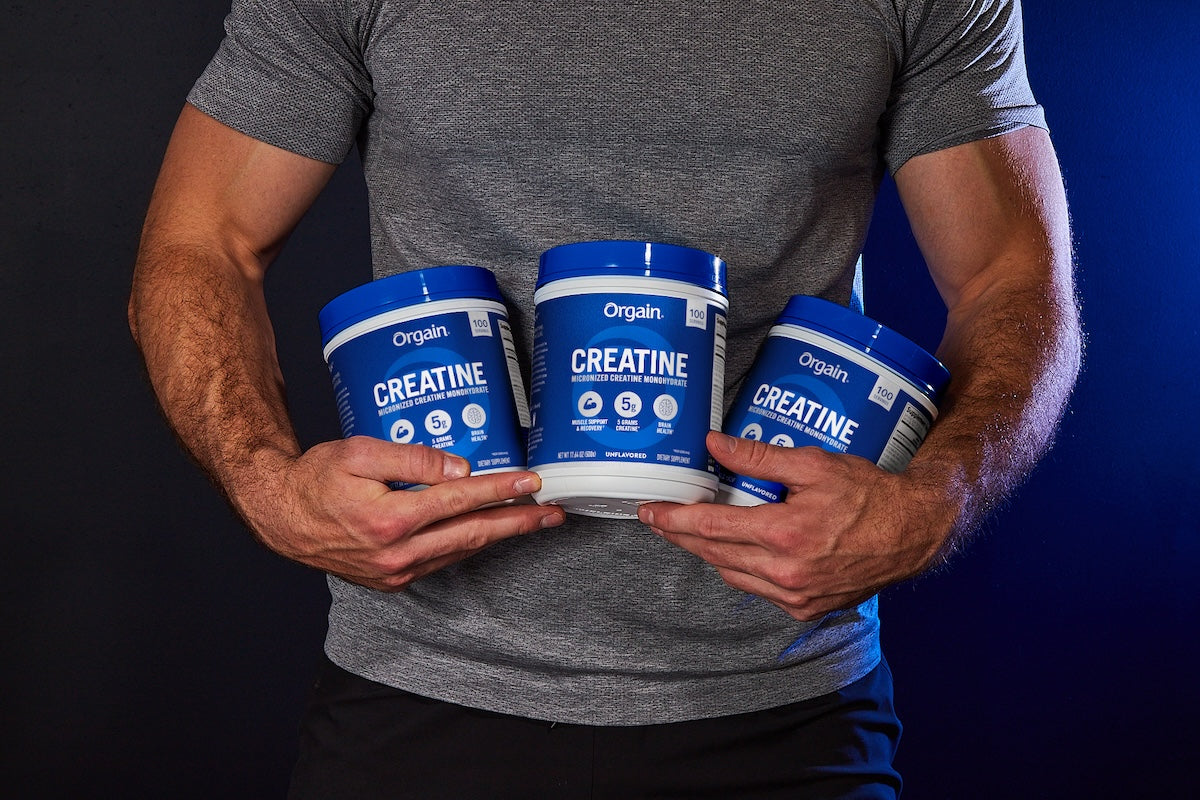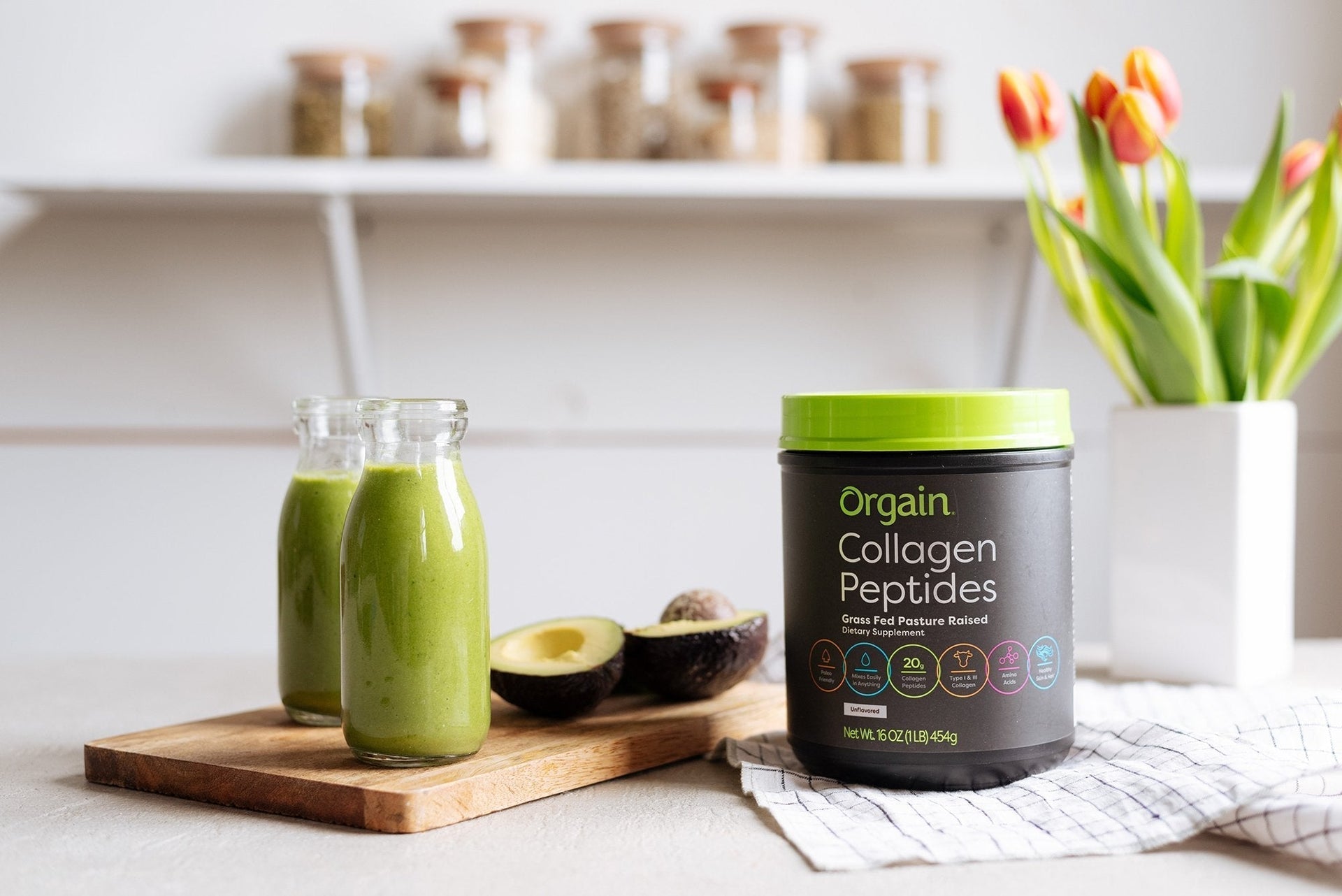Protein is one of the most important nutrients that we eat. It is the building block that our bodies use to build structures and cells, and it’s even used for the energy that our bodies use to keep moving and doing everything it needs to do every single day.
When you think about just how important protein is for healthy bodies, it’s no wonder that so many people have turned to protein powder for an easy boost of this critical nutrient in their daily diets.
Most people look to whey powder for their protein supplement needs, but there’s another option out there: plant protein. Plant protein is a growing force in the protein powder community, so today, we’re going to compare the new kid on the block with the seasoned veteran.
Let’s dive into the specifics of whey and plant protein so you can make an educated buy when looking for protein powders for you and your family.
Whey Protein Basics
Whey protein is probably the most popular protein powder out there. Bodybuilders, athletes, and even just people who want a little more protein in their diets turn to whey because of its popularity and availability.
Dairy-Derived
Whey protein is a protein derived from milk — specifically when cheese is made. When cheesemakers do their thing, they add special enzymes to the milk that turn the milk into solid curds.
The curds are taken out, go through an aging process, and are turned into cheese. But this process leaves behind a watery substance with the cloudy whey protein left in it. They purify the liquid from any bacteria and then dry the solution up, and they’re left with whey protein powder.
There are three types of whey protein: concentrate, isolate, and hydrolysate.
- Whey concentrate is the complete whey product, complete with the natural amounts of lactose and fat.
- Whey isolate is made by filtering out as much lactose and fat as possible, leaving behind a higher concentration of protein.
- Then, there’s hydrolysate, which is the easiest to digest. It breaks down the long-chain protein molecules into smaller, easily absorbable ones. This is often used in specialized baby formula.
Amino Acid Profile
One of the main reasons whey is so popular is because it has a complete essential amino acid profile. There are nine essential amino acids that we need to consume in our diet in order for our bodies to do things like build muscle and produce new immune cells. Our bodies can’t produce essential amino acids on their own so we need to get essential amino acids from our diet.
Whey protein has all nine essential amino acids, making it an easy way to help get the amino acids you need each and every day.
Filler Upper
Whey protein has also become very popular because of how filling it is. Because it is higher in fat and protein, it leaves you feeling full, even after just drinking a basic whey protein shake.
This allows people to use whey protein as a meal replacement, or as a useful tool when it comes to a low-calorie weight loss plan (of course accompanied with exercise) because it can help you reach your protein goals without having the calorie count of a full meal.
Plant Protein Basics
Plant protein has been around for about the same amount of time as whey protein, but it hasn’t boomed in popularity until recently.
Soy protein became pretty popular in the back half of the twentieth century, but dwindled due to the fact that it’s not easy to digest and is often genetically modified.
But now we know how to derive protein from all sorts of different plants.
A Wide Variety
Peas, quinoa, brown rice, soy— the list goes on and on.
There are plenty of ways vegans and vegetarians alike can get their protein without consuming meat, such as from:
- Pumpkin seeds
- Chia seeds
- Peanuts and peanut butter
- Almonds
- Kale
- Spinach
- Alfalfa
However, many of these proteins are considered an incomplete protein source because they do not contain all nine essential amino acids.
As we said before, soy is passing out of the limelight, but soy-free organic plant proteins like organic brown rice protein are rising in popularity; they can provide comparable amounts of protein compared to whey, and can do it in a sustainable way.
Plus, each dairy-free scoop can come in the same yummy flavors as whey proteins like chocolate, vanilla, or chocolate peanut butter. This means you can get your pre-workout grams of protein in the smoothies that you already make at home with the right USDA organic, non-GMO, vegan protein.
Amino Acid Profile
One of the downfalls of plant proteins is their amino acid profile. Aside from soy, no plant proteins have a complete essential amino acid profile. Most plant proteins are missing one or two out of the essential nine.
This does not mean plant protein doesn’t compete with whey — by simply combining two different plant proteins, you can easily get the full spectrum of essential amino acids.
For example, pea protein is a strong protein that is almost complete on its own, only missing two amino acids. Brown rice contains the two amino acids that pea is missing. So, combining the two into one protein powder can provide a complete profile of amino acids.
Nutrition
In addition to providing a source of protein, plant-based proteins can provide other important nutrients as well.
Plant proteins often contain high amounts of iron as well as prebiotic fiber. That means your protein powder can help support healthy blood cell production and digestion on top of muscle growth.
Plus, when you make your own plant-based protein shakes, additions like a tablespoon of MCT oil or coconut oil along with your favorite berry can add vitamins, minerals, and fatty acids for a nourishing vegan snack.
Easy on the Stomach
One thing that can set plant-based protein apart is the fact that it is pretty easy on the stomach. Dairy products can be tough to digest, even if you aren’t lactose intolerant or even lactose sensitive. Its long peptide chains take work for your body to absorb, and the lactose requires specific enzymes for your body to break it down.
Plant protein is a lot easier on your digestive tract. Less specific enzymes are required to break it down, so your body can digest a little easier. Not to mention, the extra fiber that naturally comes with plant protein helps your intestines do their job.
The Final Comparison
There is a lot to compare here, and it’s tough to make a final decision as to whether whey or plant protein is the best for you.
The truth is, there may not be a universal answer to the question of which type of protein is best.
But one thing is for sure: both whey and plant-based protein are great protein supplements that can help you meet your nutritional and physical goals. However, like any product, some brands are good and some brands are not so good, so rather than deciding between plant-based and whey, instead make sure you’re getting high-quality protein from a brand you can trust.
Good Ingredients
It’s incredibly important to check your nutrition labels, look for a short and understandable ingredient list, and make sure there’s not too much added sugar. So many protein powders out there are packed with sugar, which can negate some of the nutrition benefits that protein powder brings.
Conclusion
If you’re looking for quality protein powders, we can help. We have a wide selection of protein in many forms, both whey and plant-based, so you can get the right product for you and your family, whatever your preference is.
Check out our grass fed whey protein here, or click here for our vegan protein.
Disclaimer: This is for informational purposes only and is not intended as individual or specific medical advice, nor is it intended to replace advice by your qualified healthcare provider. We strongly encourage consulting with a qualified healthcare provider about your interest in, questions about, or use of dietary supplements and what may be best for your overall health.
Sources
Whey Protein | Health Benefits and Potential Side Effects | The Cleveland Clinic
